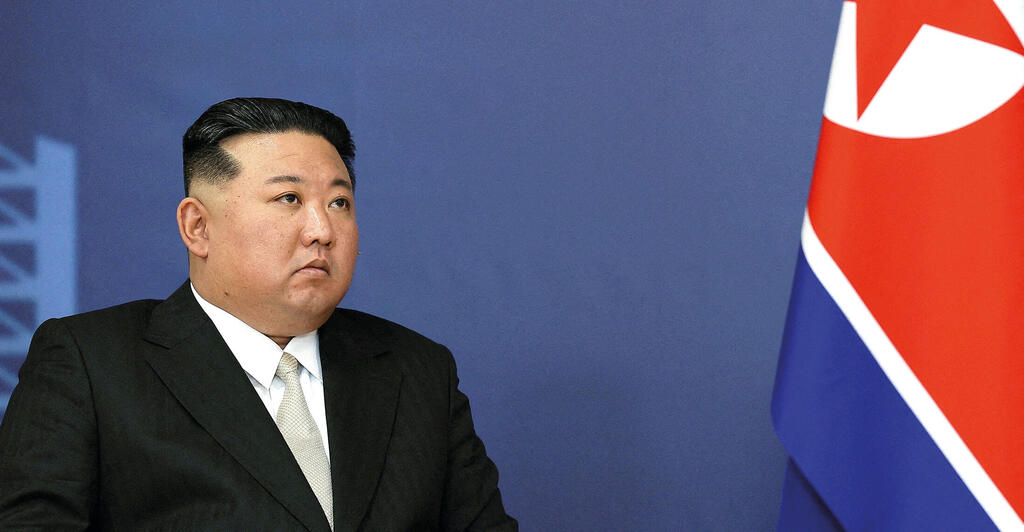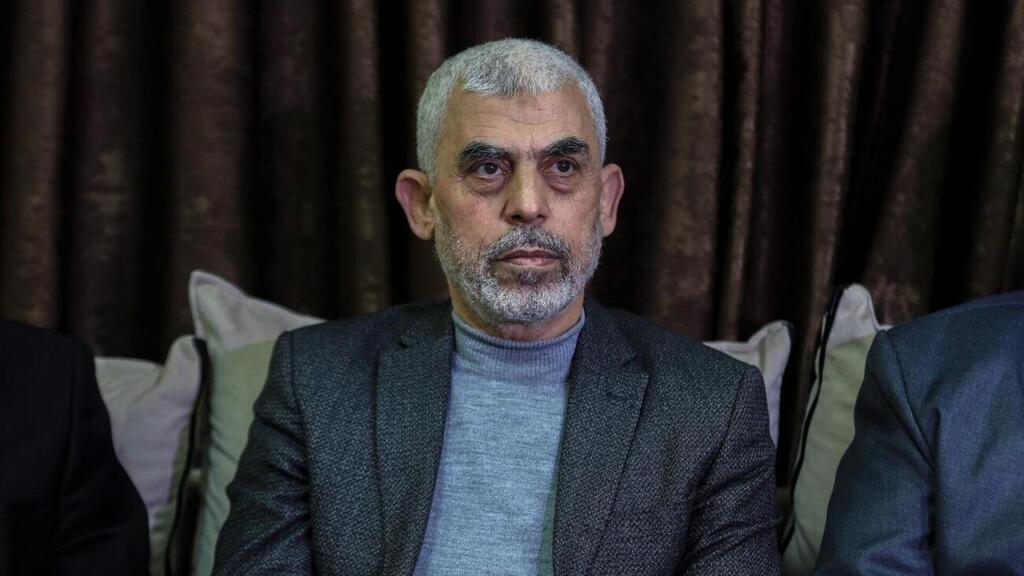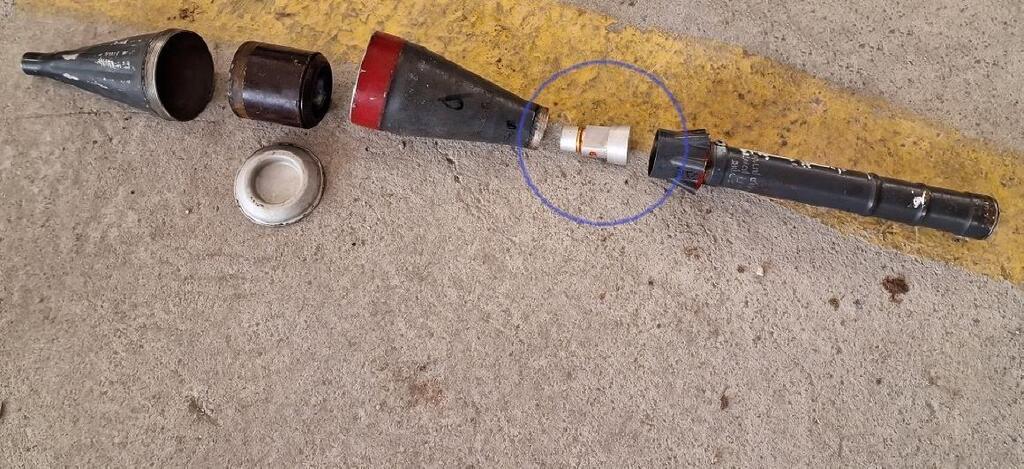Getting your Trinity Audio player ready...
During the war against Hamas, the IDF captured large quantities of weapons made in North Korea, the world’s most isolated country, which were smuggled into the Gaza Strip.
Read more:
A recent study by the U.S. think tank, the Stimson Center, unveils that the relationship between North Korea and the Palestinian terrorist organization, as well as other adversaries of Israel like Hezbollah, Palestinian Islamic Jihad, Syria and the Houthis, has been established for many years, placing the North Korean dictatorship in a prominent position in the so-called “axis of resistance.”
The study points to Pyongyang’s close relationship with Palestinian terrorist groups, dating back to the 1970s and initiated by former Palestinian leader Yasser Arafat.
Arafat approached North Korean leader Kim Il-sung and received weapon shipments from him. Korean intelligence officers provided training to George Habash, the leader of the Marxist-Leninist terrorist group Popular Front for the Liberation of Palestine, and directed the terrorist attack of the communist group Japanese Red Army on the Lod Airport (today's Ben Gurion Airport).
The ties between the dictatorship and Palestinian terrorist groups weakened after the Oslo Accords, a series of interim peace agreements between Israel and the Palestinians signed in the 1990s, but Hamas's takeover of the Gaza Strip in 2007 revived them.
According to The Telegraph, following Israel's launch of Operation Protective Edge in 2014 in Gaza, Hamas sought military aid from North Korea. In a secret deal, it was reported that Hamas made an advance payment for rockets and military communication equipment through a company in Lebanon.
The transfer of weapons from North Korea to Hamas was likely carried out by third parties. A possible route for the weapons was from Iran to Sudan and then to Egypt, where they entered the Strip through tunnels.
In 2009, Korean weapon caches were discovered in the United Arab Emirates and Thailand, which were believed to be intended for Hamas and Hezbollah.
In the 1980s, Hezbollah operatives traveled to the dictatorship for military training. During the 2000s, North Korean instructors trained Hezbollah in constructing underground bunkers for storing weapons, food and medical facilities.
With this assistance, the terrorist organization also built an extensive tunnel network from south of the Litani River in Lebanon to the Israeli border, allowing it to store rocket launchers underground and evade Israeli aerial surveillance. North Korea also allegedly transferred rockets to Hezbollah via Iran and Syria.
In September 2007, Israeli Air Force jets struck a nuclear reactor that Syria had secretly been building for years with North Korean assistance. The reactor, disguised as an agricultural farm, was staffed with North Korean scientists.
Amichai Orkaby, the honorary consul of South Korea in Israel, states that the neighboring state led by Kim Jong-un is actively working to destabilize the Middle East. Due to its challenging economic situation, North Korea continues to seek sources of revenue to circumvent international sanctions.
The events of October 7th are concerning South Korea, which is now assessing its ability to thwart a North Korean attack from the border into its territory. It's known that South Korea is gathering information about the failure in the Gaza envelope and even plans to send a delegation to Israel for intelligence collection.
South Korean newspaper JoongAng Ilbo published an editorial urging the country's leadership to learn from Israel's failure to prevent the Hamas attack and to increase readiness for a potential attack from North Korea.
"Israel's situation, surrounded by enemies and terrorist organizations, mirrors the current security state of South Korea," the article states. "Even the Mossad failed to detect the signs of the attack. The government must thoroughly prepare for the possibility of military provocations by North Korea."






